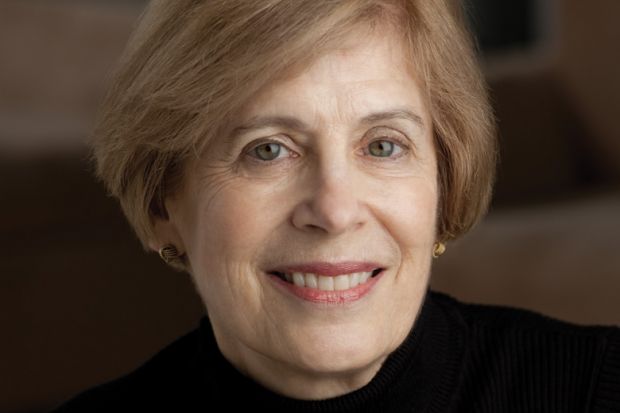What was the first book you recall loving as a child?
The Secret Garden by Frances Hodgson Burnett may not have been the first, but it has stayed with me the longest. I don’t know which came earlier, the book or the 1949 movie, but in my mind’s eye I’ll always see the film’s ending of reconciliation in the garden, with its shift from black and white into glorious Technicolor. Looking back, I see that the combination of book and movie prepared me for the light of Provence.
In A Taste for Provence, you consider the Provence presented by anglophone writers. Have you any favourite francophone authors who take America as their subject?
There are many compelling books written in the French language, such as novels by Flaubert and Zola, that filled my imagination, but they take France as their subject. The one great work that takes on the US is Democracy in America, written by Alexis de Tocqueville. He penned it after travelling to the US in the 1830s. My own judgement is that, although it’s often taken as offering the truth about American society, it was written by a person whose view of the New World was obscured by his fears and hopes for France.
A friend is visiting Provence and asks you to recommend one book from those you consider in A Taste for Provence. Which would you choose if she wanted to be beguiled? And to be informed?
Beguiled? This choice is a hard one, for each work has its virtues and vices. To me the most fascinating book I encountered was Aspects of Provence (1952) by James Pope-Hennessy. I admire its careful descriptions, complex take on sites, sense of history and vivid language. Informed? Perhaps a combination of Peter Mayle’s Encore Provence (1999); Laurence Wylie’s Village in the Vaucluse (1957), especially his added reflections in the book’s later editions; and, for comic relief, Jane S. Smith’s Fool’s Gold (2000).
You consider a number of cookery writers – including Elizabeth David and Julia Child – as well as magazines such as Gourmet, in this book. Have you a favourite writer on food, French or otherwise?
I have two favourites, for different reasons. One is Martha Rose Shulman, because she gives me the recipes I want to cook – and do so over and over – as they are both delicious and health-giving. The second is Richard Olney, whose writing and recipes, especially in his French Menu Cookbook (1970), fill my imagination.
Which recent book by an early career scholar would you recommend?
Friendship and Politics in Post-Revolutionary France (2013) by Sarah Horowitz offers a compelling look at the intersection of the personal and political in France in the post-Napoleonic era. In its study of social networks suffused by emotion and their shaping role in politics, it allows for the important role of women in public life. (I admit to being completely biased – the author, who teaches at Washington and Lee University in Lexington, Virginia, is my daughter.)
What books are you currently reading, or are on your desk waiting to be read?
Too many to list, I fear. I’ll discount what I’m reading for my next book project on the great landscape essayist J. B. Jackson and merely list the others I’m currently reading. They rest, when not in my hands, on my “information giving” and “pleasure reading” shelves – Danielle Allen’s Our Declaration, Matthew Desmond’s Evicted, Hanya Yanagihara’s A Little Life, Jill Lepore’s The Secret History of Wonder Woman, Viet Thanh Nguyen’s The Sympathizer, and Curtis Sittenfeld’s Eligible.
Helen Lefkowitz Horowitz is Sydenham Clark Parsons professor of American studies and history, emeritus, at Smith College, and author of A Taste for Provence (University of Chicago Press).
POSTSCRIPT:
Print headline: Shelf Life
Register to continue
Why register?
- Registration is free and only takes a moment
- Once registered, you can read 3 articles a month
- Sign up for our newsletter
Subscribe
Or subscribe for unlimited access to:
- Unlimited access to news, views, insights & reviews
- Digital editions
- Digital access to THE’s university and college rankings analysis
Already registered or a current subscriber?
